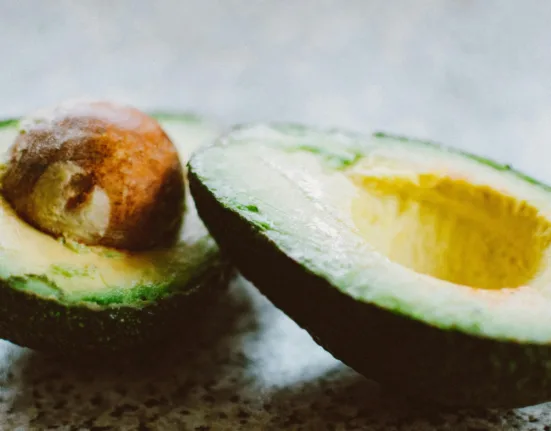Boiled eggs calories: A large boiled egg has 77 calories, with a breakdown of 64% from fat, 3% from carbs, and 33% from protein. The nutritional values for one large boiled egg are Fat – 5.28g, Carbs – 0.56g, and Protein – 6.26g. Eggs are a super nutritious food. They’re not only low in calories but also super versatile – you can cook them in so many ways and add them to lots of dishes.
Probably one of the most private things in the world is an egg before it is broken.
M.F.K. Fisher
Even though they have some cholesterol, it’s usually not a problem for most people. The cool thing is, that despite being low in calories, eggs are loaded with nutrients. Eggs have all the amino acids your body needs, making them a complete protein source.
Boiled eggs come with a bunch of essential nutrients like vitamin D, zinc, calcium, and all the B vitamins. They’re especially high in riboflavin (vitamin B2) and vitamin B12. The yolk is where most of these nutrients hang out, while the egg white is mostly packed with protein. So, eggs are not just tasty; they’re like a nutrient treasure chest! More: How to cook chickpeas?
Boiled eggs calories are healthy ones
Making hard-boiled eggs is easy. You put eggs in a pot of cold water, then boil them until the yolk inside gets firm. No extra butter or oil is needed. Now, when you fry eggs, you have to use butter or oil, adding more calories and fat.

Let’s compare: one big hard-boiled egg has 77 calories and 5.3 grams of fat, while one large fried egg has 90 calories and 7 grams of fat. Besides the fat and calories, both hard-boiled and fried eggs are pretty similar in vitamins and minerals. They have the same amount of protein and other good stuff. More: How to master basic cooking techniques for beginners
Eggs are like nutrient superheroes, giving you essential nutrients and antioxidants that help your brain and eyes. Two antioxidants, lutein, and zeaxanthin, do a great job in keeping your eyes healthy by fighting off harmful free radicals. These free radicals can build up in your eyes and cause problems. More: 6 ways how to stop procrastinating
Tips for boiling eggs
- Begin with boiling water: To ensure consistent cooking times, always start with boiling water instead of cold water. No need to worry about when to start the timer or wait for the water to boil.
- Lower the heat slightly: After adding the eggs, lower the heat a bit to prevent them from cracking. Keep the water at a gentle boil or rapid simmer to maintain the right temperature. You want the water bubbling nicely without cracking the eggs.
- Use fridge-cold eggs: For creamy or runny yolks and easier peeling, start with eggs straight from the fridge. This also gives everyone a consistent starting point. An 8-minute boil for room-temperature egg results in a hard-boiled egg, but a fridge-cold egg boiled at the same time will be soft-boiled. More: 6 Tips for best baked sweet potatoes
- Consider the size of the eggs: The cook times provided are for “large eggs.” For extra-large eggs, add 30 seconds, and for jumbo eggs, add an extra 1 minute.
- Avoid crowding the pan: Using a small saucepan with too many eggs means less heat in the water for each egg, leading to a slower cooking time. Keep it simple for better results! More: Recipes with spinach that will make you insatiable


Boiled eggs recipes
Soft-boiled eggs: Cook for 8 minutes to get soft-set whites and yummy yolks.
Hard-boiled eggs: Cook for 10 minutes for firm whites and fully cooked yolks. Remember to boil the water first.
- Gently place fridge-cold eggs into the hot water.
- Lower the heat slightly to prevent the eggs from cracking while keeping the water gently boiling.
- Start the timer – 6 minutes for runny yolks, 8 minutes for soft-boiled, 10 minutes for classic hard-boiled, and 15 minutes for rubbery whites and dry yolks.
- Transfer the eggs to a large bowl or sink of cold water.
- Peel the eggs under water, starting from the base for an easier peel.
More: How to defrost a chicken fast?













